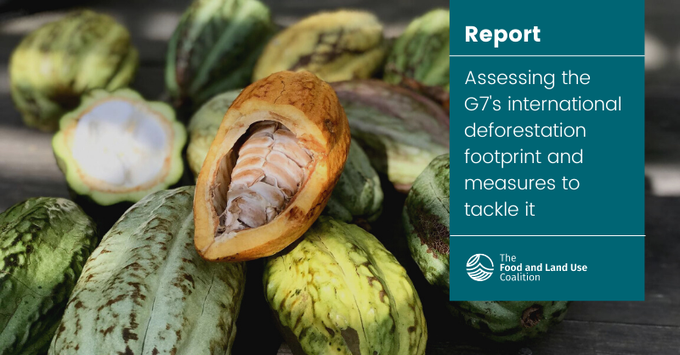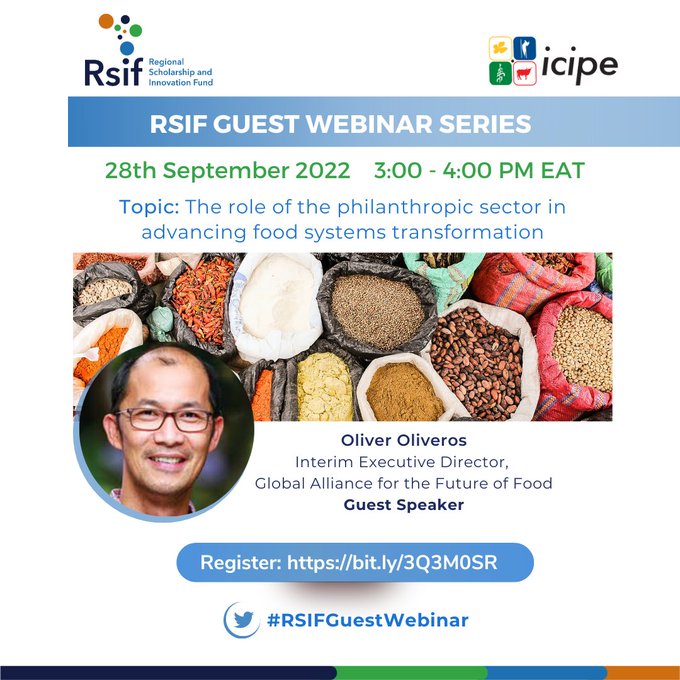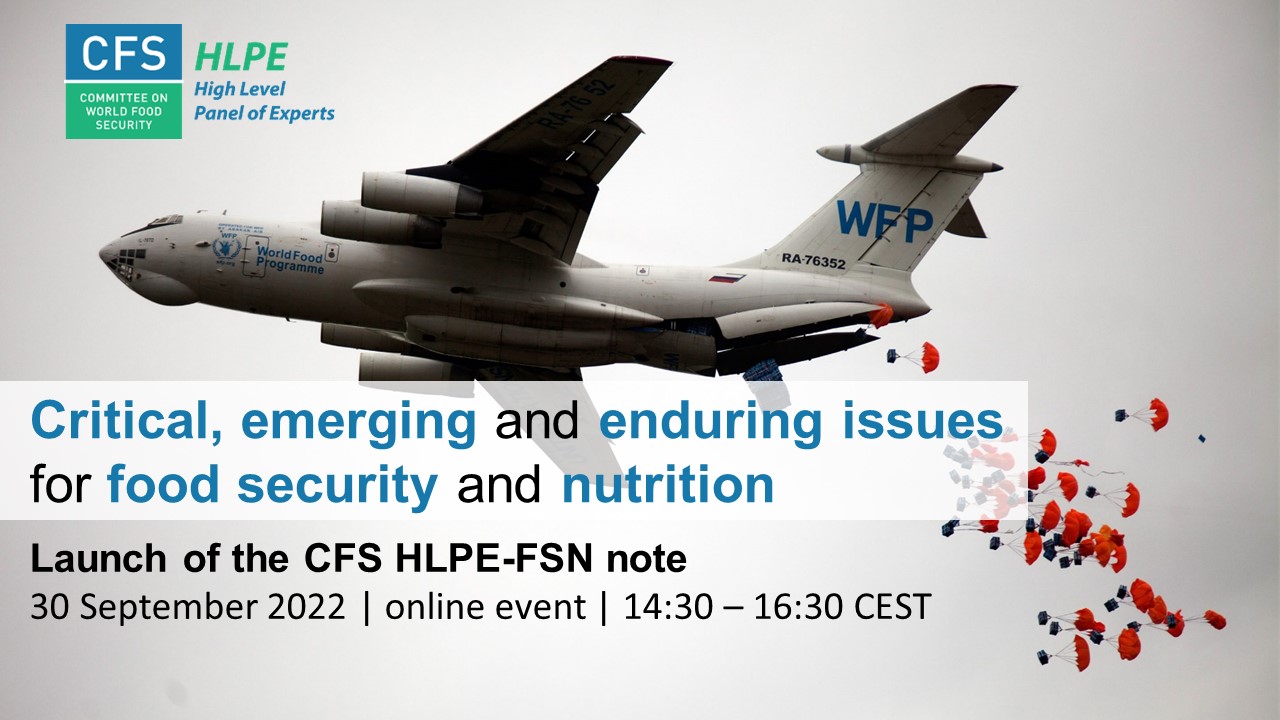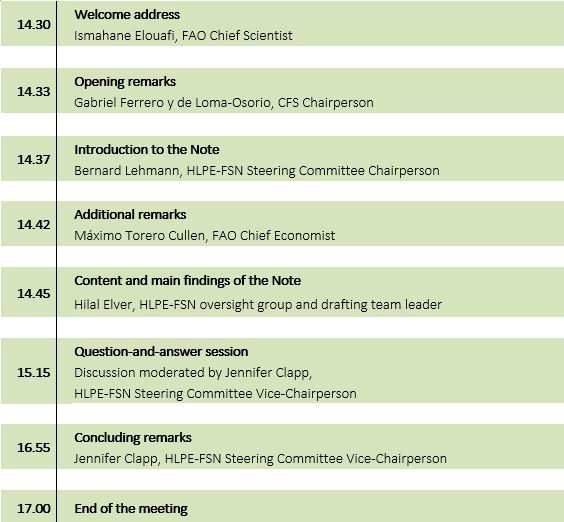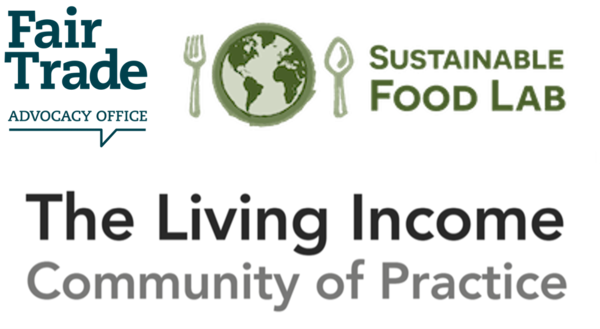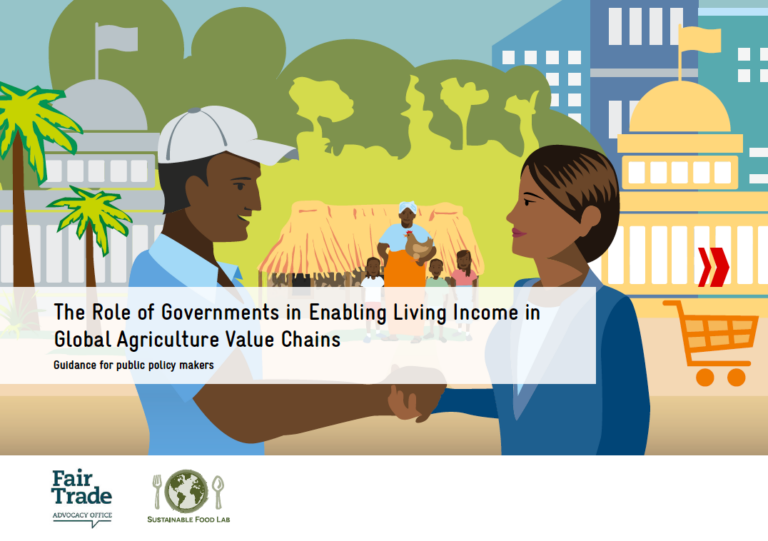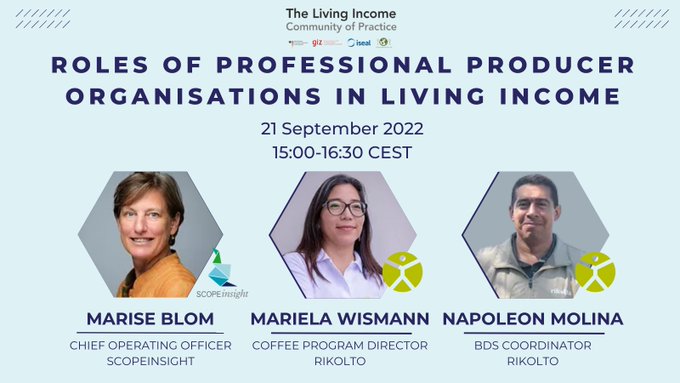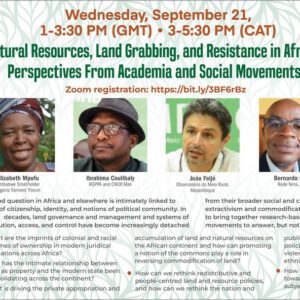One Earth (2022)
Research priorities for global food security underextreme events # 12 p.
To determine what questions to ask and how to prioritize, 69 food security experts, including scientists, governments, international institutions and NGOs, published a comprehensive set of research questions across different food-related domains that have the potential to bolster food security.
Their findings were recently published in the journal One Earth.
“While similar exercises have been undertaken across a range of fields and topics, this work presents, as far as we know, the first attempt to compile and build consensus on the major threats and priorities for research on food security in the face of extreme events from experts working with diverse backgrounds and expertise and geographic foci,” wrote the authors.
The experts identified 32 threats to watch for over the next two decades and 50 research questions to help understand and mitigate the threats. The threats were divided into three categories: 1) compounding events and cascading risks, 2) vulnerability and adaptive capacity and 3) cooperation and conflict.
A question of questions
With limited resources and countless lines of research that could be pursued to increase food security, prioritization is critical. The authors categorized questions in three areas and assessed them for feasibility in terms of time and investment, and the impact unlocking the answer could have.
- Better maps and predictions,
- farm-level interventions and
- food system transformation are the three categories of research questions.
Better maps and predictions before, during and after extreme events will be crucial to facilitating better responses. The “standard basis for identifying risk, forecasting and responding to the impact of extreme events on food security is high-quality data,” wrote the authors. Unfortunately, validated on-the-ground data on food security have not kept pace with the available technology.
Questions in this area include
- What are the likely impacts of specific critical infrastructure failures on food security?
- To what extent can early warning systems identify and inform people most exposed, vulnerable, and unable to adapt to food insecurity challenges in the face of extreme events?
- Are there tipping points in the intensity of extreme events that will cause global food insufficiency?
- Consult the full list here.
Farm-level interventions are critical because they have the potential to both stabilize food supply through resilience to extreme events and improve livelihoods. But issues related to poor access to finance and markets can hinder resilience. Examples include the slow adoption of crop varieties that are resistant to droughts and floods, and slow uptake of irrigation in developing countries.
Research questions at the farm level include,
- Which on-farm practices increase resilience to drought, are cost-effective and easily adopted?
- How much can increasing crop diversity improve smallholders’ adaptive capacity?
- and How does the loss of biodiversity make cropping systems more susceptible to extreme events?
- Consult the full list here.
Food system transformation refers to global and local actions that reduce food’s negative impact on the environment, increase equitable access to complete and nutritious diets, and imply broad changes in the way most people eat in much of the developed world. The authors find the related questions among the most difficult to answer, but increased understanding of governance, food producers and consumers are critical parts of the research agenda.
Food system transformation questions include,
- How does crop diversification at the household, community, and regional scales mediate food insecurity during extreme climate events?
- In what ways does insurance enhance or undermine food security in the face of extreme events?” and
- What policies are required to ensure that efficiency gains in food distribution systems enable widespread food security without harming local and regional producers?
- Consult the full list here.
